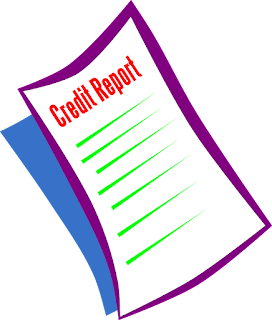How to Boost Your Credit Score as a Young Adult
As a young adult, building and maintaining a good credit score is crucial for your financial future. Your credit score is a numerical representation of your creditworthiness and is used by lenders, landlords, and other financial institutions to determine your eligibility for loans, credit cards, rental agreements, and more. A good credit score can help you get approved for loans with favorable terms and lower interest rates, while a bad credit score can lead to higher interest rates, denials of credit, and even difficulty securing rental housing. In this article, we will explore some tips and strategies to boost your credit score as a young adult.
1. Make On-Time Payments: Payment history is the most significant factor that determines your credit score, accounting for 35% of your total score. Therefore, it is essential to make all your credit payments on time. Late or missed payments can have a severe negative impact on your credit score, so it is crucial to set up automatic payments or reminders to ensure that you never miss a payment deadline.
2. Reduce Credit Card Balances: The amount of credit card debt you owe is another critical factor that affects your credit score, accounting for 30% of your total score. It is recommended that you keep your credit utilization rate below 30%. This means that you should not use more than 30% of your available credit limit. For example, if you have a credit card with a $1,000 limit, you should not carry a balance of more than $300 on that card.
3. Increase Credit Limit: One way to decrease your credit utilization rate is to increase your credit limit. This will increase the amount of available credit you have, and if you maintain your current balance, it will reduce your credit utilization rate.
4. Don't Apply for Too Much Credit at Once: Applying for multiple credit cards or loans in a short period can negatively impact your credit score. Each time you apply for credit, it generates a hard inquiry on your credit report, which can temporarily lower your credit score. Therefore, it is essential to only apply for credit when you need it and avoid applying for too much credit at once.
5. Keep Old Credit Accounts Open: The length of your credit history is another crucial factor that affects your credit score, accounting for 15% of your total score. Therefore, it is important to keep old credit accounts open, even if you no longer use them. Closing old accounts can shorten your credit history, which can negatively impact your credit score.
6. Check Your Credit Report Regularly: It is crucial to check your credit report regularly to ensure that all the information is accurate. Errors on your credit report can negatively impact your credit score, so it is essential to dispute any errors as soon as possible. You are entitled to one free credit report from each of the three major credit bureaus (Equifax, Experian, and TransUnion) every year, and you can request them at AnnualCreditReport.com.
By following these tips and strategies, you can boost your credit score as a young adult. Remember, building a good credit score takes time and effort, but it is worth it in the long run. Be patient, responsible, and disciplined with your credit, and you will be on your way to a strong financial future.
Reference: If you're interested in learning more about building credit from scratch, check out our previous article, "Building Credit Score from Scratch: Tips for Young Adults."




Comments
Post a Comment